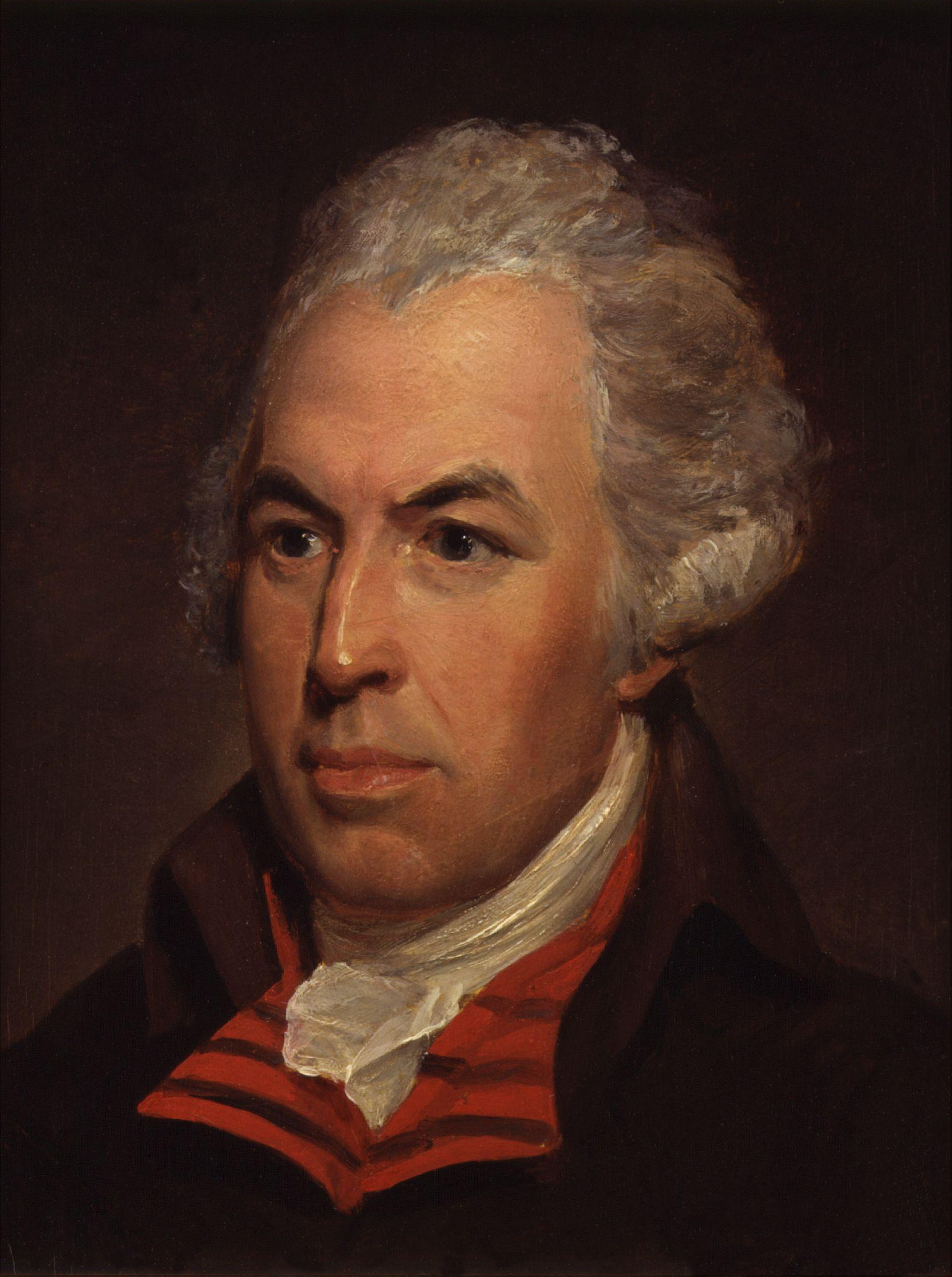Who can forget fair freedom's bird,
That has her genuine praises heard,
Confirm'd by frequent proof?
The patriot stork is sure to share
The brave Batavian's generous care,
While breeding on his roof,
In all her early, brightest, days,
When Holland won immortal praise
Her Spanish tyrant's dread!
She play'd not her heroic part
With spirit, nobler than the heart,
Of one mild bird she bred.
It was a female Stork, whose mind
Shew'd all the mother, bravely kind,
In trial's fiercest hour;
This bird had blest her happy lot,
High-nested on a fisher's cot,
As stedfast as a tower.
Her host, a man benignly mild,
Was happy in a darling child
Who now had woman's air;
Her face intelligent and sweet,
And her soft bosom was the seat
Of kind courageous care.
The lovely girl was call'd Catau,
She joy'd to make her neat hearth glow,
For her returning sire;
When from his distant toil he hied,
To banquet by his daughter's side,
Before his evening fire.
The child and parent liv'd alone:
Each to the other long had shewn
Such pure and perfect love,
Comrades they wanted none beside,
Both cherishing, with tender pride,
Their Stork, who built above.
To their high chimney's top she sprung,
Protecting there three callow young,
Too feeble to descend:
But oft she visited the ground,
And in her youthful hostess found
A playmate, and a friend.
In scenes of social care endear'd,
As sure as supper time appear'd,
The Stork a ready guest,
Was constant at the damsel's side,
And she with dainties was supplied,
To carry to her nest.
But how among the dearest brood
Calamity will oft intrude,
And fairest hopes prevent;
How quick can desolation's storm
With horrid agonies deform,
The scene of sweet content!
As early one autumnal eve,
Catau was eager to receive
Her father to his feast;
She look'd without her door, and saw
Aloft a little blaze of straw,
That in the wind encreas'd.
Alas! from her high chimney's top
A dangerous spark had chanc'd to drop,
And fir'd the fav'rite nest!
She sees the affrighted parent fly,
Around her young, and seem to cry
"Oh succour the distrest!"
Catau was an heroic maid,
Most apt to lend a sufferer aid;
With quick-ey'd zeal she found
A ladder, and a triple fork,
On which to lift each callow Stork,
And guide them to the ground.
With pity's just, and dauntless, haste,
She mounts the ladder rightly plac'd,
She rears the guardian fork;
Her heart expands, with hope elate,
That she shall kindly snatch from fate
Each tender little Stork.
Dear virtuous damsel, vainly brave,
Thou must resign thy hopes to save
These innocents from death!
The faithless ladder breaks--the maid
Escaping by angelic aid,
Now scarce retains her breath.
Forgetting selfish fear, her eye
Is fixt upon the scene on high,
With anguish and despair;
The dauntless bird, with wond'rous skill,
A parent's duty to fulfil,
Toils in the troubled air.
Two of the callow young she lays,
Beyond the peril of the blaze;
But while the last she rears,
The other little ones distrest
Crawl back within the burning nest,
And aggravate her fears.
Now in the vex'd and heated air,
She draws fresh courage from despair;
She sees them gasp for breath;
Tho' fiercer flames around her sprung,
She settles on her dying young,
And welcomes social death!
"My glorious bird," exclaims the maid,
Who her brave fav'rite survey'd,
While she expir'd above:
"I will not at thy lot repine,
But rather pray it may be mine,
To die with those I love!"
The Stork.
William Hayley
Suggested Poems
Explore a curated selection of verses that share themes, styles, and emotional resonance with the poem you've just read.
